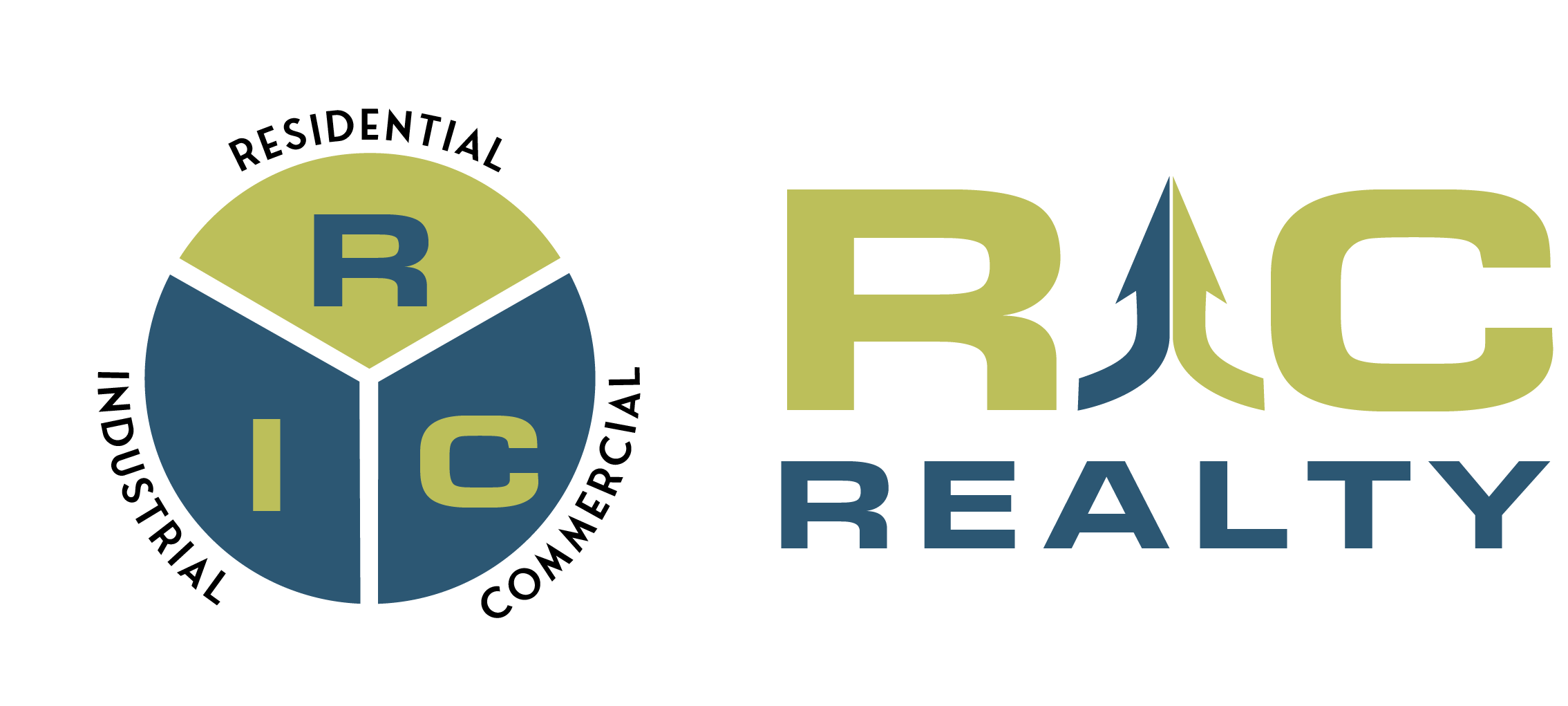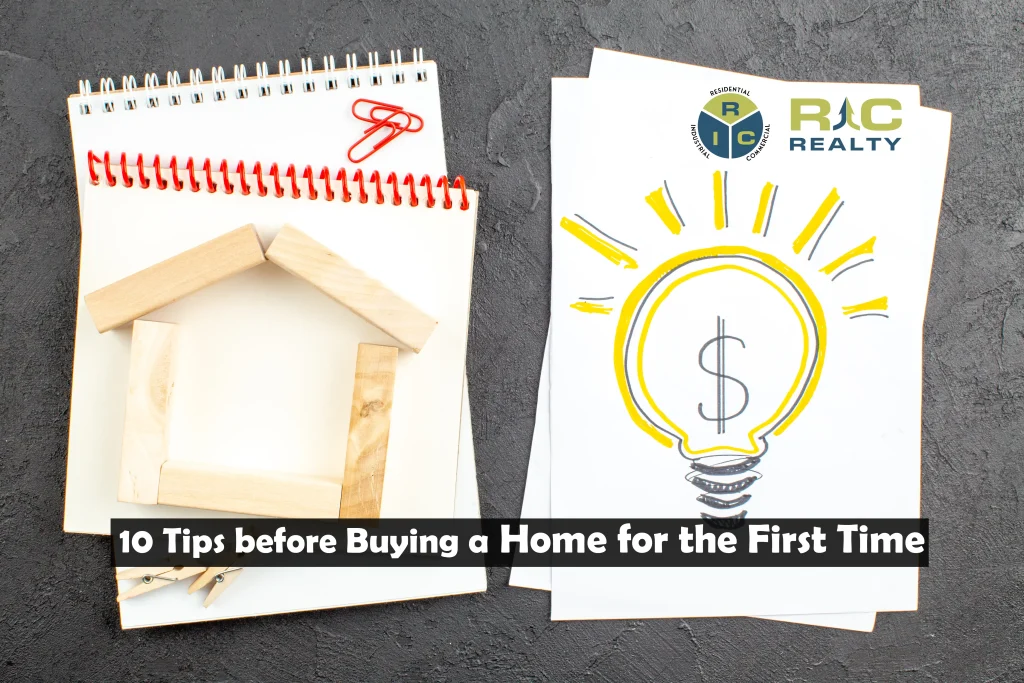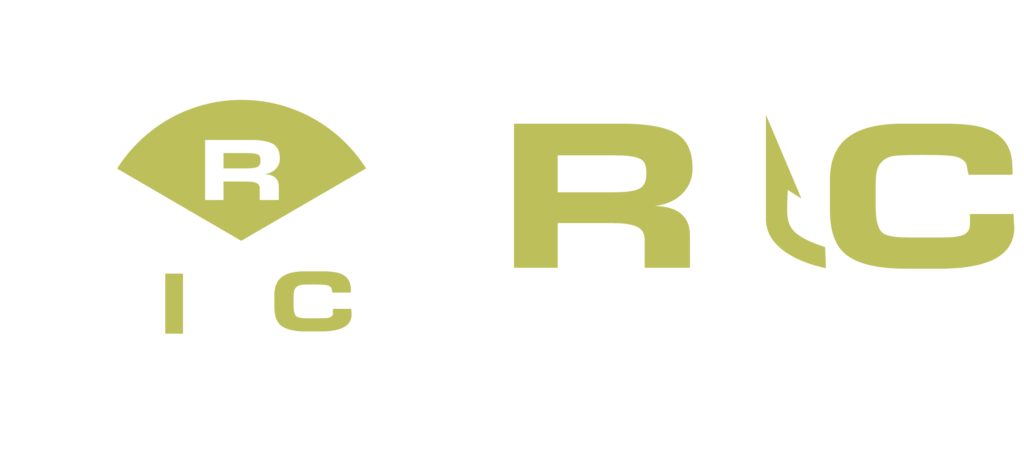For a first-time homebuyer, a proper checklist outlining everything you need in your new home is essential. There are two purposes for owning a home: self-use and investment. It is important to know your objective before making the decision to buy a property. Regardless of where you live, first-time home ownership is an attainable goal with research and advanced planning.
Are you considering buying your first home? That’s awesome! As a first-time home buyer, it can also seem a little scary, as a lot of information is new to you, and a big financial commitment is involved.
Don’t worry about the information, though. We have some insider tips to help you sort out what you need to know about buying a home for the first time:
1) Educate yourself on different loan types
Depending on whether you’re after a basic package or one with extra features, home loans can vary greatly when it comes to interest rates and fees.
To get a better idea of costs, when you see a home loan advertised, you’ll notice two rates displayed – the interest rate and the comparison rate.The home loan comparison rate will include the annual interest rate, as well as most upfront and ongoing fees. Some home loans with lower interest rates are laden with fees, so while they appear cheap, they could end up being more expensive. The comparison rate can help you identify this and compare loans more accurately.
Be sure to investigate the potential advantages and disadvantages of various features of the loans you’re considering as well. For example, some loans may allow you to make extra repayments, redraw funds, or use an offset account, which could reduce the interest you pay over time. There are Principal plus interest&Interest only loans are available which you can decide based on whether you are buying investment or primary residential property.
2) Apply for Pre-approval
Prior to comparing properties, it’s a good idea to get a mortgage pre-approval.Once you’ve gotten a clearer idea of whether you’re eligible and whether you can afford a home loan, you should approach your lender for a pre-approval. Pre-approvals don’t guarantee you’ll get the loan, but they are useful for several reasons:
- You need to know exactly how much you can borrowbased on your financial situation, such as your savings, annual income, assets, liabilities, and credit score. This information can give you parameters for your search like where you can afford to buy and how much you can pay.
- Pre-approvals can speed up the loan process. In a hyper-competitive property market, it’s best to go in armed with a pre-approval. This is because you’ll be competing with other borrowers and the last thing you want is to miss out on your dream property because of lagging paperwork. You’ll also be in a better position to negotiate and sign the contract.
3) Maintain Credit Score
Opening a new credit line, such as a credit card or personal loan, is not a good idea right now. To preapprove your mortgage application, lenders will pull your credit report. Make sure you pay your bills on time. If they find that you’ve taken out another loan or line of credit, that your credit balance has increased, or that you’ve started making late payments, your final approval may be at risk.
4) Fix on a Budget
Once you get pre-approval, you will have an idea of what you can afford,and prices can vary widely depending on the type of property and location. Stay focused around your budget and then decide type of property & location. The whole process of finding a property is marrying up your needs with your affordable budget.
5) Decide on the Type of Property & Location
These two factors type of property & location are entirely dependent on your budget. When deciding what type of house you want, take into account factors such as the number of rooms, parents and children’s needs, etc. You should also consider the purpose of buying a home, whether it’s for yourself or as an investment. Choosing the right location is crucial when buying a house, especially in a big city with long commute times. Some of the factors you’ll need to consider are the location of your work, distance to schools, childcare from your house, public transport accessibility, and proximity to train stations& shopping centers.
6) Good to know What you Need vs Want
Although it’s good to retain some flexibility in this list, you’re making your biggest purchase ever, and you deserve to have it meet both your needs and wants. It is important to include your basic needs, such as size and neighborhood, as well as smaller details, such as bathroom layout and kitchen appliances. But if you are getting good deal (price) with extra land size & better location which can fill your needs then it’s good to compromise on what you want. You can see the availability and pricing of properties offering the features that are most important to you by scanning real estate websites.
7) Weigh up the value of a home inspection
Home inspections by professionals could alert you to serious issues that may not be visible to you but professional can pick up at first instance such as asbestos or termites, or electrical, ventilation and serious plumbing faults. These problems could cost you a whole lot more than the inspection itself.
8) Work with experienced professionals
With such a big purchase, it makes sense to surround yourself with experts. Hire the most thorough, licensed home inspector you can find to pinpoint any issues that could potentially end up becoming costly repairs.
Work with a mortgage broker to ensure your finance is structured to meet your needs and talk to a financial adviser about the realities of home ownership. You can ask your lender too to get the property valuation report which you have shortlisted or looking to put an offer. To avoid conflict, make sure your lawyer is not also representing the seller.
9) Negotiate as much as you can & Use your head, not your heart
As a buyer, you should feel in control and as though you have nothing to lose through robust negotiation. Ensure you negotiate as hard as you can. While an extra $10,000 or $20,000 may not seem much in the grand scheme of things, when you’re dealing with a six or seven figure deal, it all adds up. Everyone wants to get a good deal and you may have to be prepared to negotiate to get one. Even if you can get the price down by $15,000, it all adds up in the long run.
Here are some property negotiation tips:
- Come prepared with research about the local property market and comparable homes that have sold recently.
- Listen to the vendor’s needs – do they need a fast settlement? Could you negotiate the price down in exchange for speeding up the settlement time?
- Leave the emotions at the door and don’t let them sway you into making a poor decision.
- Don’t provide an offer or bid you can’t afford. Set a strict upper limit and stick to it.
- Many good things in life come from following your heart. Property ownership is rarely one of them.
- Be prepared to walk away – there will be other properties.
10) Take advantage of government rebates
A raft of state and federal government incentives designed to stimulate the property market are giving first-time buyers an unprecedented level of support. Depending on whether you’re looking to buy in the city or the regions, building new or buying an existing home, the combined government assistance could be worth $50,000 or more.
Check out the state government revenue office website or talk to your mortgage broker to see if you are eligible for the following:
- Stamp-duty waivers: In Victoria, First-home buyers pay no stamp duty on properties valued up to $600,000, a saving of around $30,000 at that price point. There are also discounted rates for first-time buyers on properties priced between $600,000 and $750,000.
- First Home Owner Grant: Those looking to buy or build a new home valued up to $750,000 may be eligible for a First Home Owner Grantworth $20,000 if the home is in regional Victoria or $10,000 if it’s in the metro area.
But be warned, while these grants give aspiring first-home buyers a welcome boost, they have also fuelled demand, potentially driving up prices in the locations you’re considering. And if you’re building new, you’ll need to investigate a construction loan, rather than a conventional home mortgage. This will allow you to pay for the development in stages so that you can afford to live elsewhere in the meantime.
Bottom Line:
The process of buying a home for the first time does not have to be a daunting one. You should plan before you start the process, and further you should maintain your financial health so that your quality of life increases rather than decreases.
Planning in buying a home for the first time?
RIC REALTY is one of the leading real estate consultancies in Melbourne to help you with your property goals, whether it is buying, selling, investing, renting, or developing. If you need any help, then please contact Ajay Pal.


